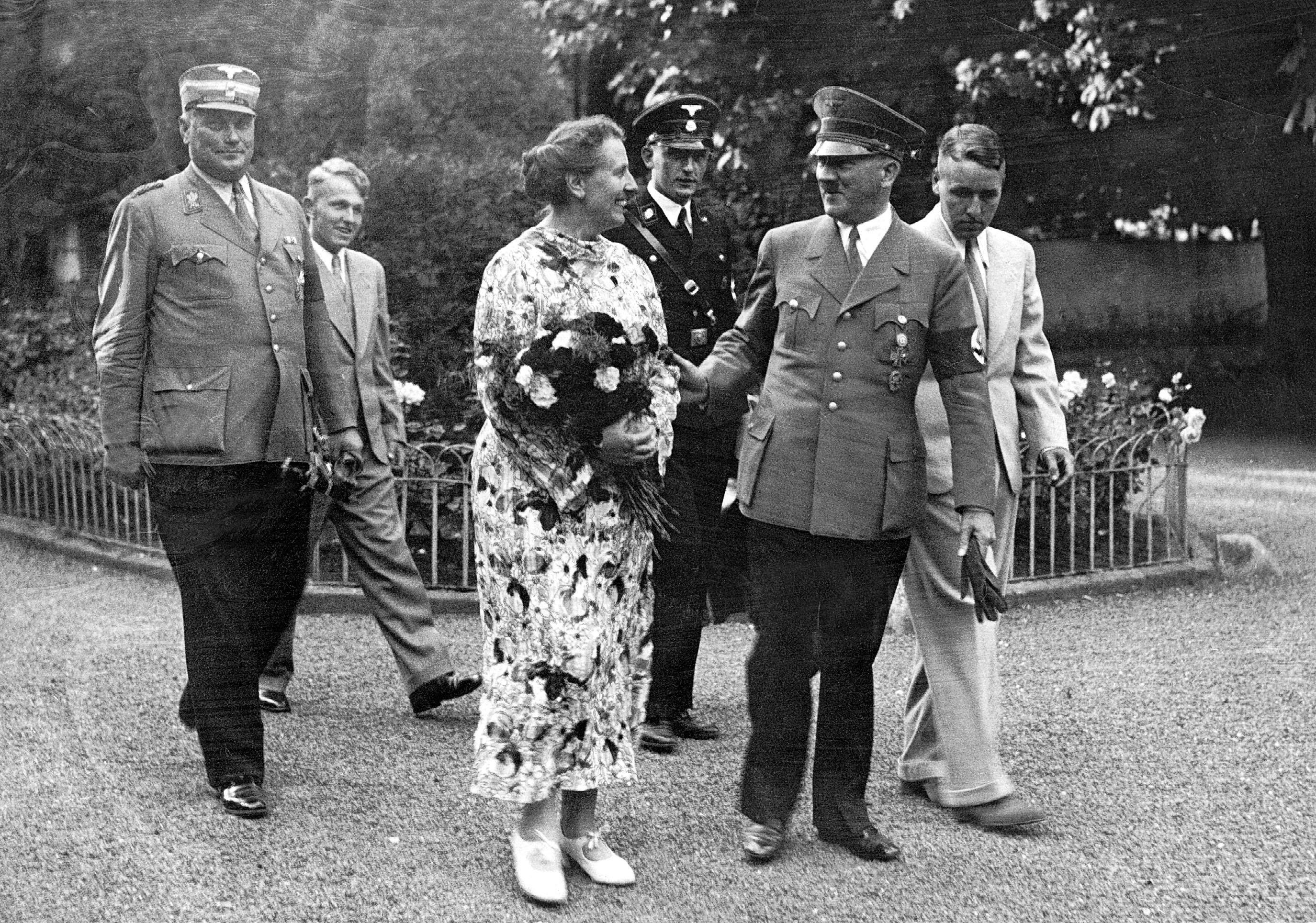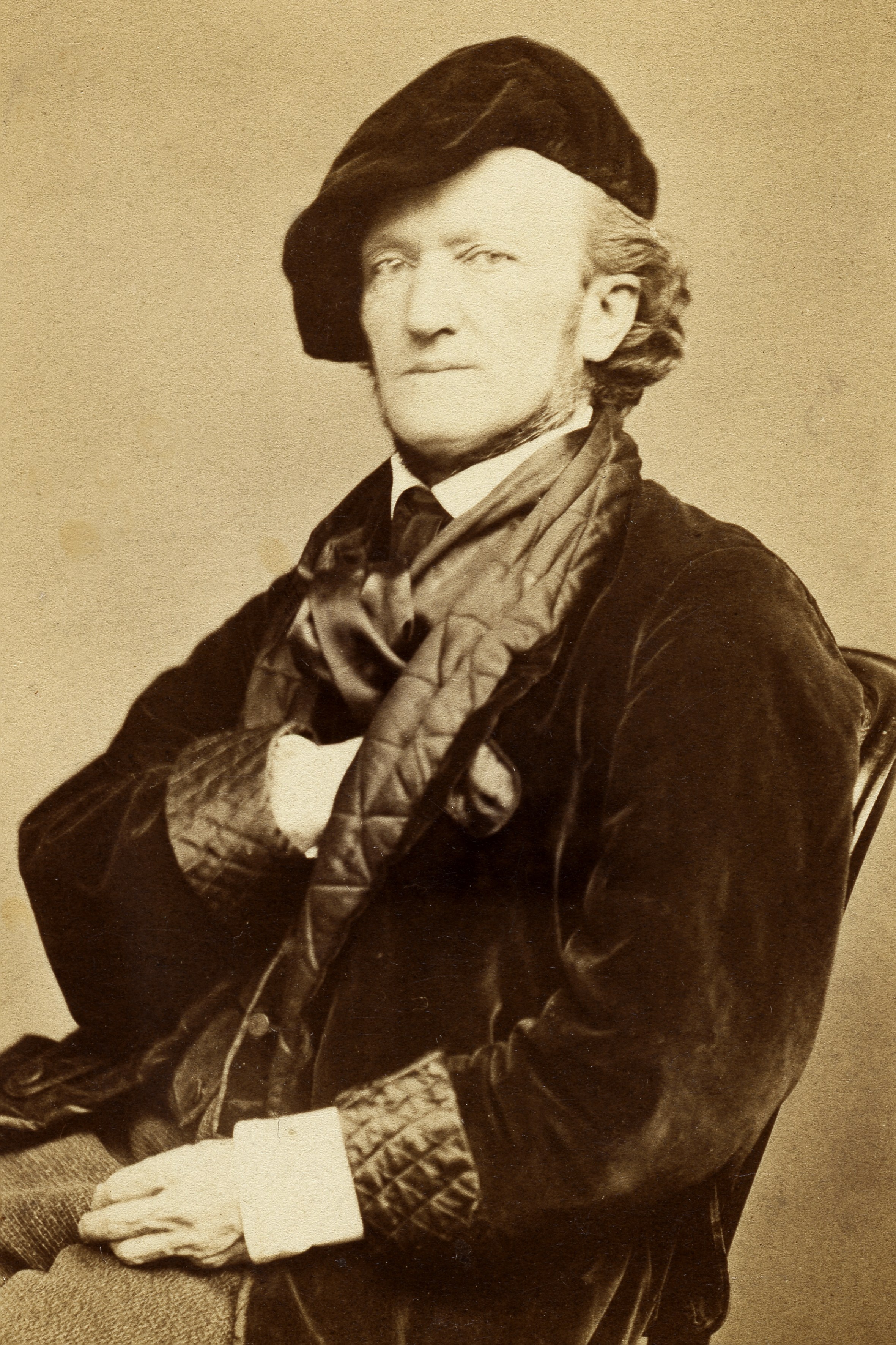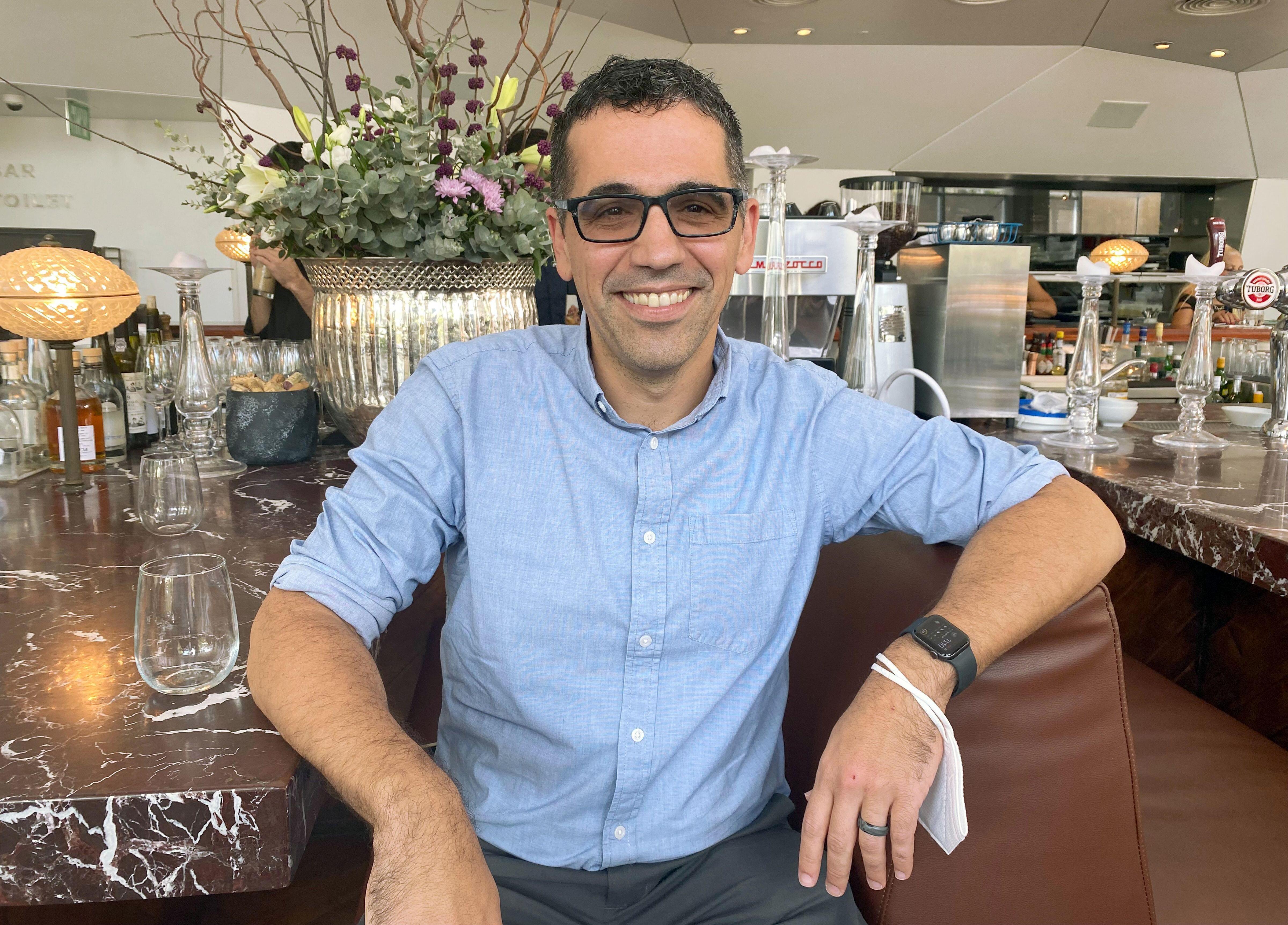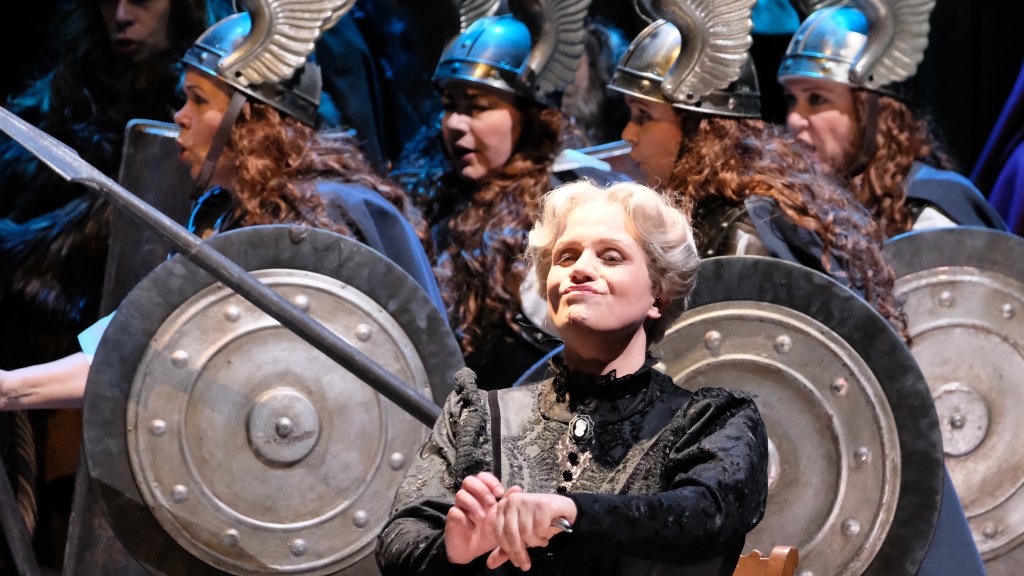Exploring Wagner’s Legacy: The Impact of Antisemitism in Wahnfried
Longborough, nestled in the picturesque Cotswolds, has been a well-known venue for celebrating Richard Wagner’s grand musical compositions. At the location, a statue of the esteemed German composer oversees lesser figures like Mozart and Verdi. Wagner, known for his immense ego, would have relished this backdrop.
This summer, however, the festival is challenging Wagner’s legacy with a new production titled Wahnfried: The Birth of the Wagner Cult, crafted by Israeli composer Avner Dorman. Following its initial performance in Germany in 2017, this opera will make its UK debut under the direction of Polly Graham, whose father, Martin, founded Longborough and passed away in April.
Before rehearsals began, I spoke with Dorman about what attendees should anticipate from this work. He explained, “Audiences will gain insights into the Wagner family dynamics following his death and what it meant to be a ‘Wagnerian’ in Germany.” Dorman added, “Many are aware of the connections drawn between Wagner and the Nazis, as well as Wagner and Hitler. This opera scrutinizes that relationship: what is the true connection?”

The themes explored in this opera are extensive, deserving of comprehensive analysis — a task that has already attracted attention from numerous scholars. Dorman’s narrative, however, is designed to be engaging rather than purely academic. He describes the opera as employing a “theatre of the absurd” style: a rejection of Wagner’s tradition of mythic heroism in favor of exposing the characters to critique, even ridicule.
The Wagner family, prominently linked to the house Wagner established in Bayreuth, known as Wahnfried (which translates to “freedom from delusion”), consisted of diverse and controversial figures. Cosima Wagner, Richard’s wife, is often criticized for tarnishing Wagner’s legacy with her conservative political and artistic views after his passing in 1883; she lived until 1930. Furthermore, there was Houston Chamberlain, who married Wagner’s illegitimate daughter, Eva, and was known for his vehement antisemitism, which caught the attention of a struggling artist named Adolf Hitler. Not to be overlooked is Hermann Levi, the conductor chosen by Wagner for his last opera, who, despite his qualifications, faced significant prejudice from the circle surrounding Wagner. In Dorman’s work, he is subjected to outcries of “Jew, Jew, Jew!”

Such scenes sparked considerable discussion during the opera’s premiere. Dorman recalled some reactions: “Some felt it was too graphic and wanted to erase it. But I insisted that we can’t sanitize this.” With a personal family history that includes his grandmother fleeing Germany on the Kindertransport, Dorman recounted her experiences of being harassed on the streets, yelling, “Jude, Jude, Jude.”
When questioned if any members of the Wagner family that followed the composer could be seen as virtuous, he responded, “That’s a challenging inquiry. Empathy can certainly be reserved for Fidi [Siegfried], Wagner’s son, likely gay and burdened with expectations to lead the Bayreuth festival and become a distinguished composer, which he never achieved.”
While the opera presents a bleak portrayal of its characters, Dorman and his collaborators aim to deepen our understanding of how Wagner’s memory has been misappropriated across time. There is no denying Wagner’s antisemitic views, pungently articulated in his essay Judaism in Music, which he notoriously published again in 1869. Dorman’s narrative illustrates Chamberlain’s entry into the Wagner family and the troubling political and racial ideologies that may have disturbed Wagner himself.
“The version of Wagner cultivated by both his followers and the Nazis diverges considerably from the true identity of the man,” Dorman stated. He believes such oversimplified characterizations have deepened divisions: “The discussions surrounding Wagner should be informed and nuanced. We shouldn’t fall into the extremes of praising him uncritically or insisting on boycotting his works and all who perform them.”

Dorman connects this complex discourse to his upbringing in Israel, a place where performing Wagner remains unofficially taboo. He recalls Daniel Barenboim’s controversial performance of Tristan und Isolde in 2001, which the mayor of Jerusalem denounced as “arrogant and unacceptable.” Despite the fact that many Israelis use German products associated with the Nazi regime, Wagner is still largely regarded unfavorably in Israel.
Originating from Tel Aviv, Dorman describes his childhood as being molded by a “very German household.” Although he was immersed in music by Schubert and Bach, he notes that Wagner’s works were notably absent, creating a unique Israeli-German-Jewish identity conflict. “Creating this opera has been a journey to explore how these various aspects can coexist. I may not have all the answers, but my understanding has significantly deepened,” he shared, recounting his grandmother’s reaction when he informed her about his premiere in Germany: “She asked, ‘Why would you want to have our music played in Germany at all? Why would you want to give them anything of yours?’”
Dorman starkly emphasizes that the themes he began wrestling with in 2013 have gained urgency in today’s society. “I never imagined that the antisemitism and related tropes from the opera would become rampant on social media, manifested by those who believe they are advocating for progress. It’s shocking to see it return.”
Unpacking the contentious history of the Wagner family may yet serve as an enlightening call to action. “Many are unaware of the persistence of antisemitism,” Dorman remarked. “Perhaps a work centered on the roots of antisemitism from over a century ago can shine a light on this ongoing issue.”
Wahnfried: The Birth of the Wagner Cult will be performed at the Longborough Festival Opera in Gloucestershire starting May 27.




Post Comment